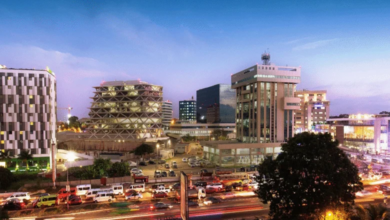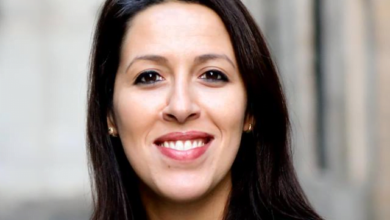Rwanda: The Keys to renewed growth
Badly hit by the COVID-19 pandemic, the land of a thousand hills quickly bounced back thanks to a series of judicious health, social and economic policies. Here is a reading of the situation.
By Ange Iliza, in Kigali
Rwanda, a top economic performer in Africa, continues to build on its reputation. Even in times of pandemic. After plunging into an economic recession in 2020 (editor’s note: -3.4% according to International Monetary Fund data) that it had not experienced since the 1994 genocide, the country has rebounded very quickly with GDP growth estimated at 10.2% in 2021. Better still, this recovery is expected to remain solid in the short term, with the latest IMF report on Rwanda – published on November 13– predicting a 7.2% increase in economic activity in 2022.
Number one in East Africa
This growth is higher than that of any other East African country, and is the result of the significant efforts made by the Rwandan government to both protect the population against the virus and support the economy. On the health front, the country imposed, as early as March 2020, one of the strictest lockdowns on the continent, as well as extensive case detection and tracing campaigns, thus succeeding in effectively containing the pandemic (1,422 fatal cases of COVID-19 confirmed by the World Health Organization [WHO]as of January 21, 2022, for a total population of 13 million).
Rwanda has also acted swiftly to mitigate the economic shock of the pandemic, with the Ministry of Finance noting that « the main interventions have been the extension of social protection programs to help the most vulnerable, support to the agricultural sector to ensure food security and the establishment of the Economic Recovery Fund (launched in June 2020 with an initial allocation of 100 billion Rwandan francs [$99 million]) to support the most affected private enterprises.”
External funding sources
To meet these unprecedented commitments, the country has been able to rely on several sources of external financing, starting with an IMF allocation of special drawing rights – the Fund’s international reserve asset – equivalent to $219 million and the successful issuance of a $620 million Eurobond on the international bond markets last August. This « will help reduce short-term liquidity pressures and address the impact of the pandemic,”said authors of the above-mentioned IMF report.
In addition, beyond the government’s support measures, Rwanda has been quick to reopen key sectors of the economy, including tourism, and is successfully resuming its strategy of hosting major international conferences and sporting events, such as the second AU-EUministerial meeting, the Basketball Africa League and the African Volleyball Championship, three events that took place in 2021. In total, the goal is to raise $800 million in annual revenue from tourism by 2024.
Betting on quick reopening of key economic sectors
This is pending the arrival, in 2025, of the world cycling championships that will be hosted by the Rwandan capital. A first for the African continent. The recovery of economic activity is also supported by regional trade, particularly with the Democratic Republic of Congo, which has had since last year two new air services – Goma and Lubumbashi – from Kigali, operated by the company RwandAir.
All these measures justify « [that] Over the medium term, growth is projected to gradually converge to the pre-pandemic trend of 7.5 percent supported by strong Foreign Direct Investment (FDI), continued high public investment, and recovery in trading partner countries,” said the IMF teams, who nevertheless fear a risk of worsening poverty and unemployment. This concern is shared by World Bank experts, who estimate that due to containment measures, social distancing rules and increased costs related to the pandemic, the number of poor people in the country could increase by 5.1 percentage points (or more than 550,000 people), with more than 80% of those affected being in rural areas.
One of Africa’s most resilient nations
Nevertheless, beyond the immediate impact of the pandemic, particularly on public finances (the public deficit is expected to reach 8.6% of GDP for fiscal year 2022, according to the rating agency Fitch), Rwanda’s long-term economic management is not called into question. Quite the contrary. According to Moody’s financial agency, the country would be, along with Cameroon and Côte d’Ivoire, one of the African nations that would best resist an economic crisis.






